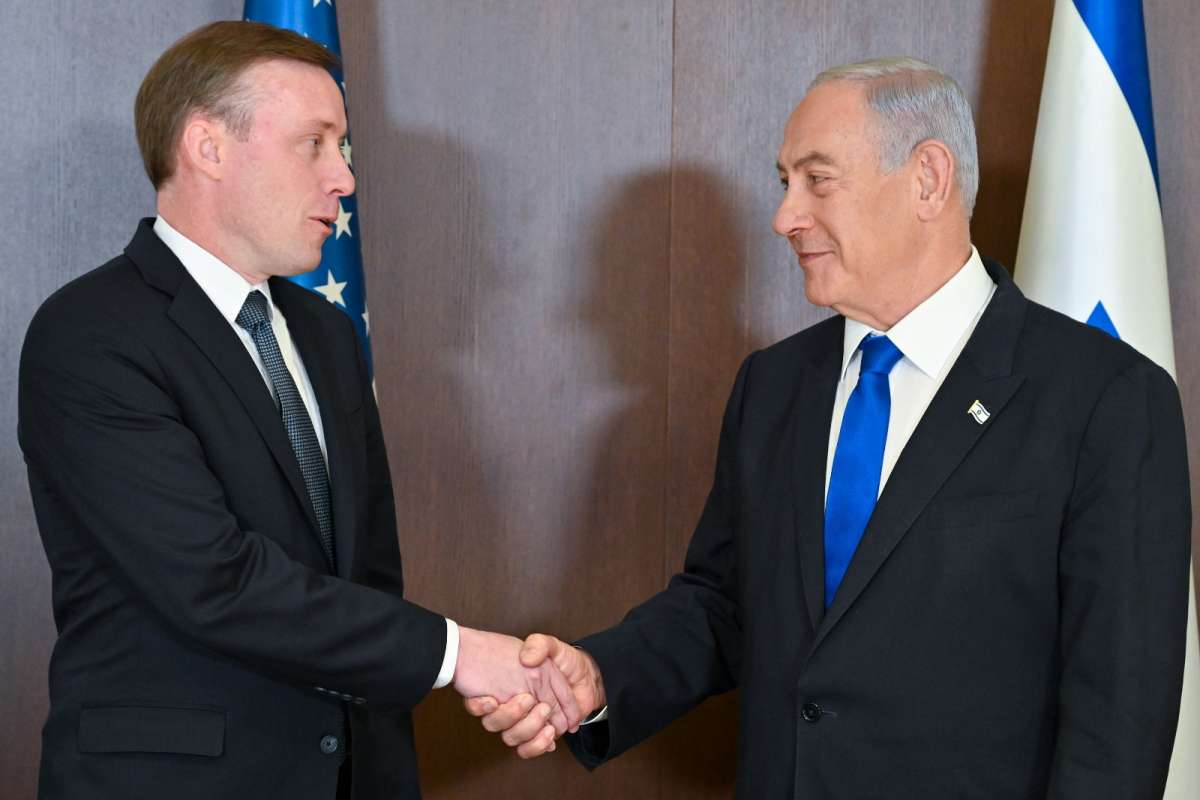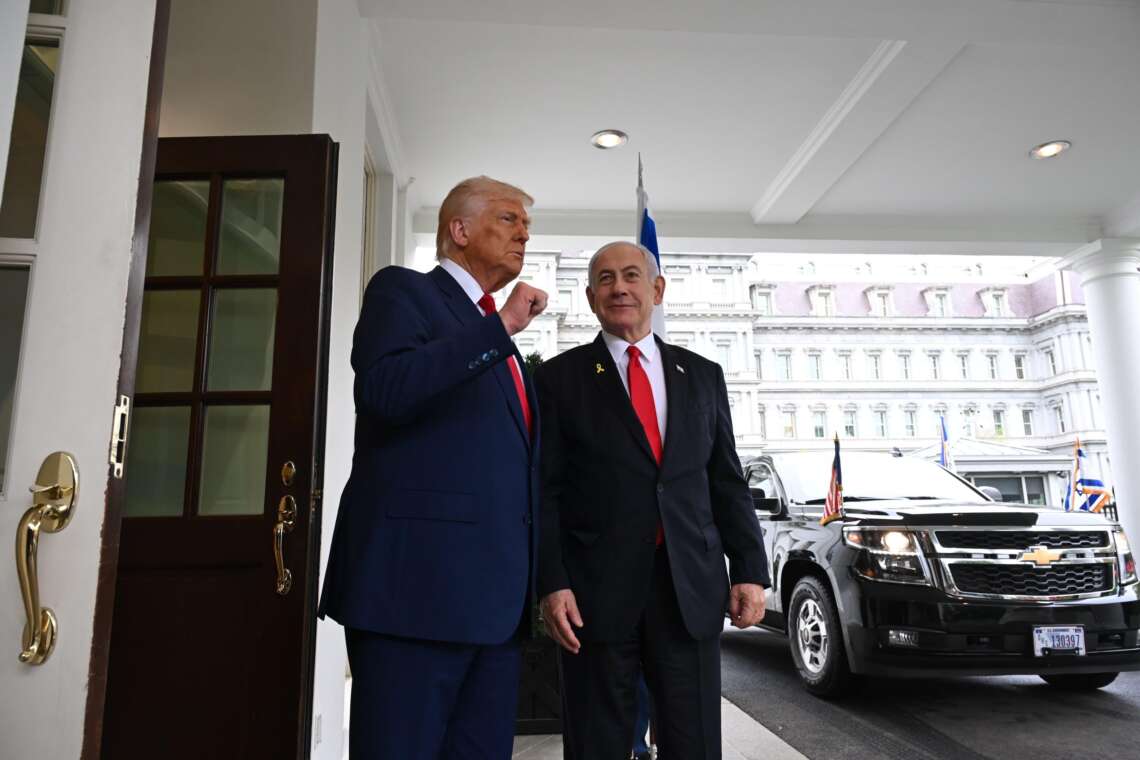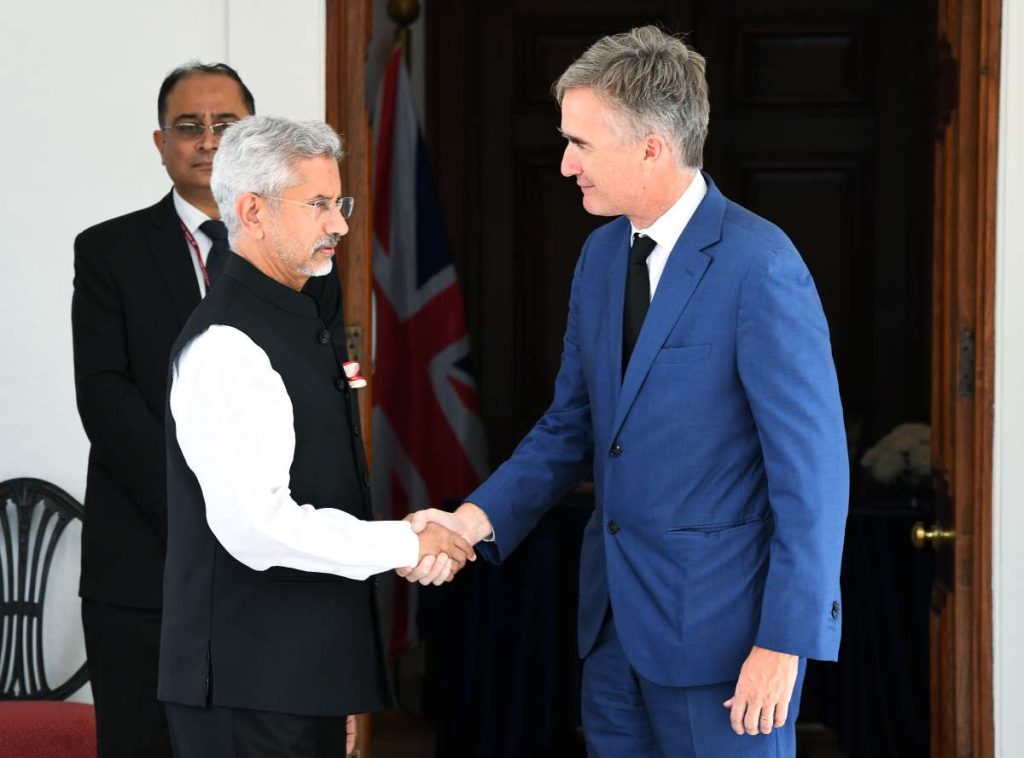The latest American initiative may lead to it normalising its strained ties with Saudi Arabia besides efforts to contain Iran – writes Asad Mirza
The US is looking for a breakthrough that could pave way for normalising ties between Israel and Saudi Arabia. The historic Abraham Accords may not have contributed substantially to resolving the political impasse, as expected between Israel and Arab nations, but they have been able to bolster the economic and trade relations in the region.
It seems as if the US has taken another step towards being a relevant player in the Middle East, after an ill thought hiatus, leading to relations with regional players like Saudi Arab hitting rock bottom. The latest American initiative in this regard is through vitalising the Abraham Accords. This may also lead to it normalising its strained ties with Saudi Arabia besides efforts to contain Iran.
Israeli Prime Minister Benjamin Netanyahu met visiting White House National Security Adviser Jake Sullivan a fortnight ago, in Jerusalem. The two discussed ways to broaden the Abraham Accords and reach a breakthrough that could lead to the normalisation of relations between Israel and Saudi Arabia.
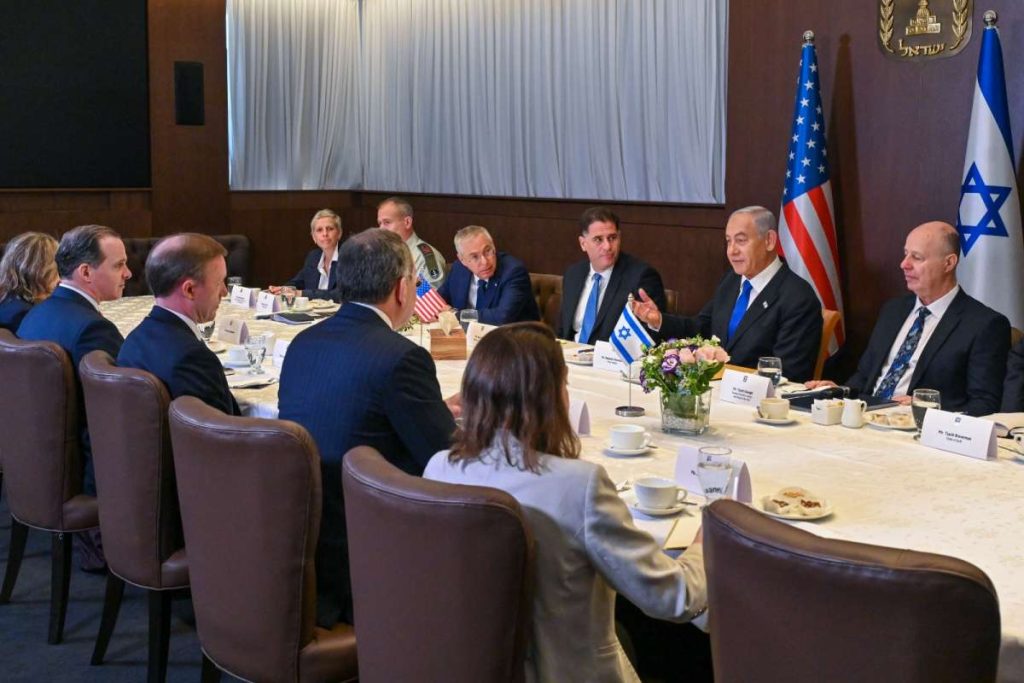
After becoming the Prime Minister for a third time in December 2022, Netanyahu has set normalising ties with Saudi Arabia as one of his two main foreign policy goals. Though the Israelis admit that it won’t be possible if relations between Riyadh and Washington remain tense.
Reports say that Sullivan and Netanyahu also discussed the Iranian nuclear programme, Iran’s actions in the region and its military assistance to Russia in its war in Ukraine, the Israeli-Palestinian conflict, and the normalisation process between Israel and its neighbours.
Abraham Accords
The Abraham Accords, which were signed on 15 September 2020, normalised diplomatic relations between Israel, the United Arab Emirates (UAE), Bahrain and Morocco, and so far have achieved mixed results.
As anticipated, normalisation has opened new opportunities for defence and security cooperation, especially among Israel, Bahrain, and the UAE, which share a common perspective on the security threat posed by Iran.
But there are shortcomings at the level of bilateral cooperation. Most notably, despite the initial goal of the Arab nations, cooperation between Israel and its Arab partners has failed to produce tangible improvements in the Israeli-Palestinian conundrum.
In reality, the Israelis are now, arguably, more cautious about managing relations with the Palestinians to avoid conflict with their newfound Arab partners, affecting trade ties.
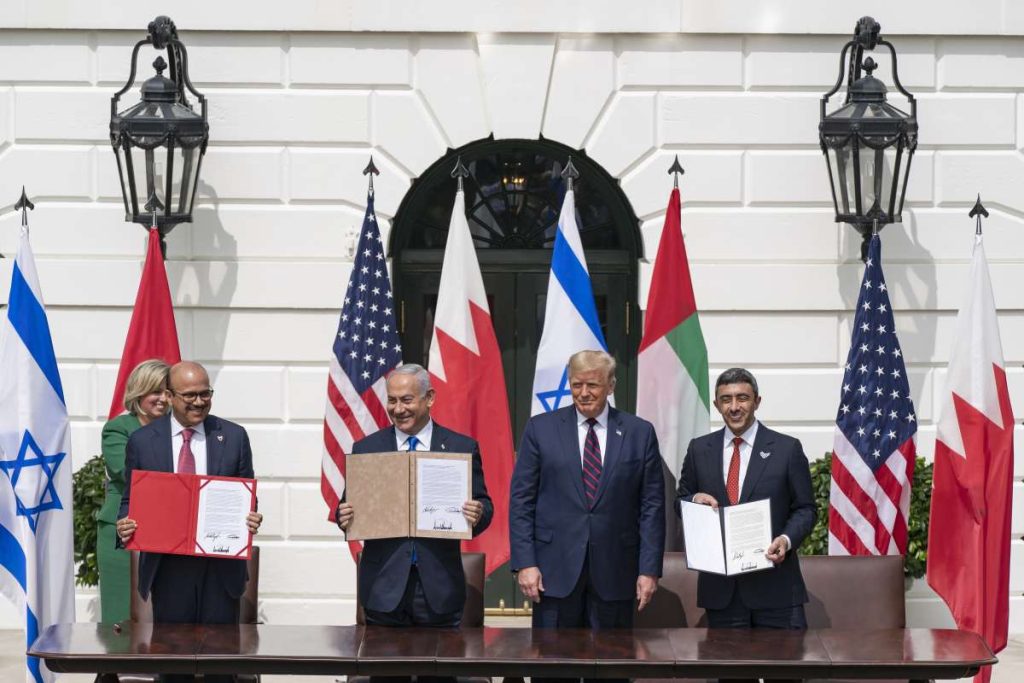
The Palestinians have not yet embraced the American vision. Eighty-six per cent of Palestinians believe the normalisation agreement with the UAE serves only Israel’s interests and not their own. There is indeed a possibility that the Palestine quest might be ignored further.
Netanyahu told Sullivan that the latest Palestinian moves in the international arena, especially the Palestinian Authority’s push for the International Court of Justice to issue a legal opinion on the Israeli occupation of the West Bank, “are an attack on Israel and oblige us to respond”.
Sullivan also met Palestinian President Mahmoud Abbas in Ramallah. Abbas is reported to have warned Sullivan that the new Israeli government’s policy could have dangerous consequences and stressed the Biden administration must intervene “before it is too late”.
Abbas told Sullivan that the Israeli government’s policy and the recent sanctions it has imposed on the Palestinian Authority, destroy the way to two-state solution, violate the agreements between the parties and ruin the chances that are left for achieving peace and stability in the region.
Getting the Israeli government and PA agree to any understanding, might be a bit tough, as the issue has many intertwined political and legal elements to be resolved, but on the other hand, Abraham Accords have been a boon to both Israel and other Gulf nations to bolster economic and trade ties.
Economic Growth
Statistically speaking, the Abraham Accords seem to have made a positive impact on entrepreneurs and investors in Israel and the Gulf.
Besides facilitating a pro-business environment in the region, it has indirectly brought positive momentum to deals such as the maritime border agreement between Israel and Lebanon, reached last year, which was mainly driven by local economic interests.
In particular, the economic and trade ties between Israel and UAE have grown substantially, besides notable steps in strengthening the economic relations between both countries, like the decision by the Dubai International Chamber to open up an office in Tel Aviv.
According to Israel’s Central Bureau of Statistics, trade between Israel and the UAE reached $212.6 million in August 2022, constituting a 163 per cent increase in trade from August 2021. For the first eight months of 2022, bilateral trade was just over $1.62 billion, constituting a 121 per cent increase in trade from the first eight months of 2021.
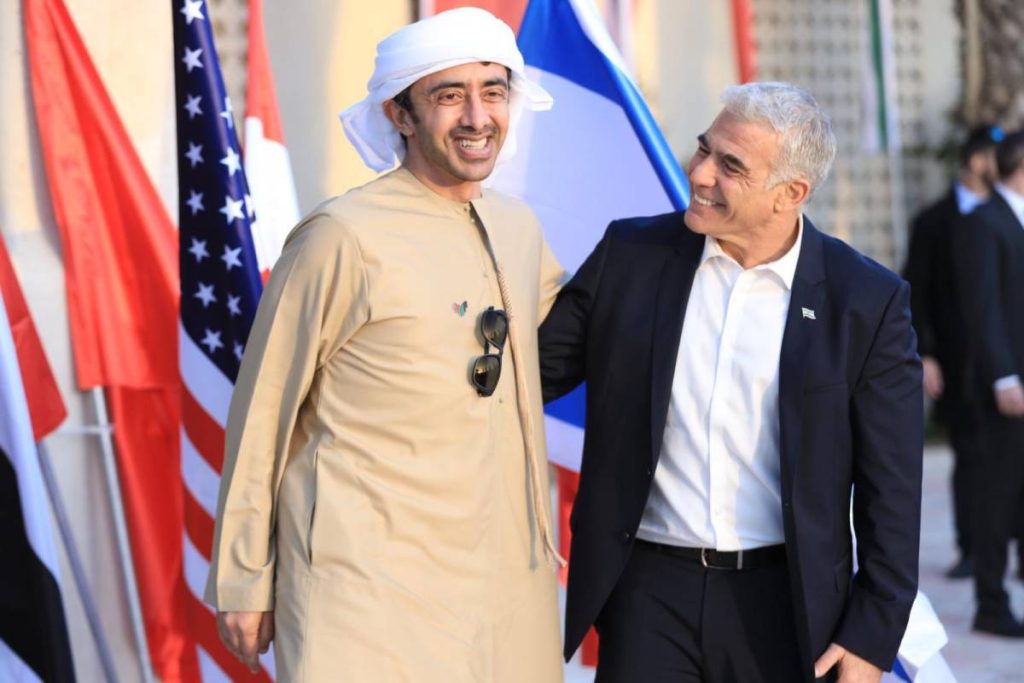
Israel’s new Foreign Minister Eli Cohen has said that the volume of trade with Arab countries that normalised relations with Israel under the US-negotiated Abraham Accords in 2020 broke the 10 billion-shekel ($2.8 billion) barrier in 2022.
Cohen said the Abraham Accords have dramatically changed the face of the Middle East. He added that a summit would be held in March with other Arab countries to boost regional trade.
Though the Abraham Accords might not have been able to resolve the regional schisms and rivalries, yet they have indeed paved the way for greater economic and trade relations, which seems to be the way forward also.
(Asad Mirza is a political commentator based in New Delhi. He can be contacted on www.asadmirza.in)
ALSO READ: UAE Lauds Abraham Accords

